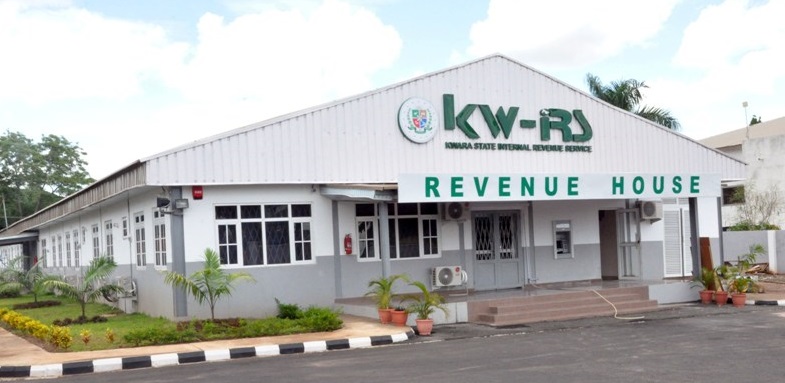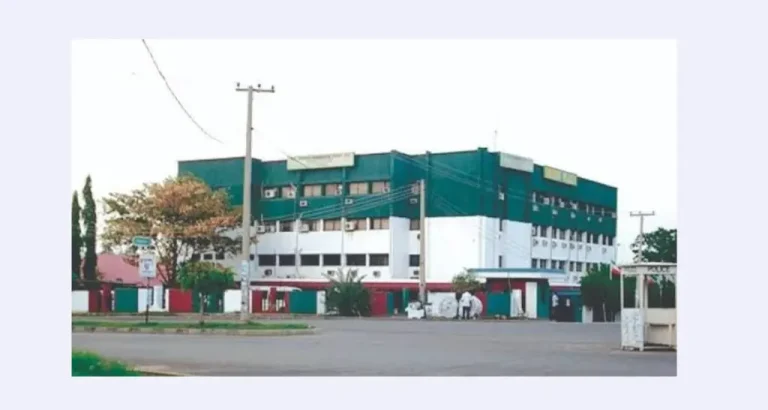KW-IRS decries tertiary institutions’ non-compliance with TSA policy
The Kwara State Internal Revenue Service (KW-IRS), on Wednesday, condemned the non-compliance of government-owned tertiary institutions to the implementation of Treasury Single Account (TSA) policy which is aimed at improving revenue generation of the state.
The revenue boss, Mrs. Shade Omoniyi, registered her displeasure at a meeting with the Commissioner for Tertiary Education, Barrister Ibrahim Suleiman in Ilorin on Wednesday.
She explained that the policy will ensure transparency and accountability in the activities of Tertiary Institutions in the State.
Omoniyi said, “The TSA platform will enable KW-IRS to understand peculiarities of each institution in the state and how to incorporate all schools into the platform to bring about unified and seamless process.”
For his part, the Commissioner for Tertiary Education, Barrister Ibrahim Suleiman reiterated that all tertiary institutions in the state need to embrace the new modus operandi as it concerns TSA as a policy direction geared towards accountability.
He furthered that official letters have since been sent out to institutions to intimate them on the need to allow KW-IRS to have full access to their respective revenue base, but unfortunately no institution gave a positive response.
“I want to believe by this meeting, compliance will commence without delay, I also want to plead that representatives of schools bring forward their wealth of experience and concerns to ensure success is achieved on this”, said Suleiman.
Representatives from State’s institutions present at the meeting expressed readiness to comply with the government directives, adding that it is a welcome initiative and will improve the integrity of all parties concerned.
They, however, registered fears associated with the TSA, such as cyber insecurities, with the influx of private institutions among others, with an appeal to the State government to provide adequate security to foil any form of attack on the TSA platform.
They suggested that continuous media engagement, awareness, and sensitization through both social and traditional media be adopted by State-owned institutions to attract more students to the institution which in turn brings an enhanced revenue generation for the State.







